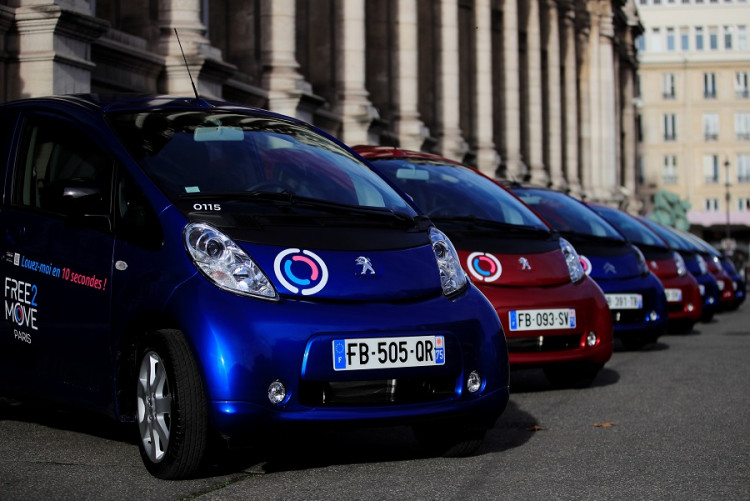As an important component of electric vehicle batteries, cobalt is very much in demand with the recent boom in electric vehicle manufacturing. But electric vehicle manufacturers who produce their own car batteries such as Tesla may have a significant issue just looming over the horizon.
The Democratic Republic of Congo is the largest producer of cobalt and the country's government has recently decided to declare the rare-earth metal as a strategic resource. According to Carbuzz, the African country's decision could significantly hamper the growth of the electric vehicle industry in the near future due to the governmental decree.
With cobalt being declared a strategic resource, the miners who harvest the rare-earth metal will now have to pay more dues to the local government which in turn would raise the prices of the important component that manufacturers like Tesla rely upon. The publication notes that miners will now have to pay royalties at 10 percent of its value in comparison to the original rate of 3.5 percent.
As Carbuzz notes (via Automotive News), a number of investors who are significantly interested in the Democratic Republic of Congo's cobalt stockpiles are considering to enter legal arbitration with the Congolese government. The publication notes that Glencore and China Molybdenum - major companies in the metals, mining, and manufacturing industry - have expressed their desire to pursue arbitration considering the significant investments they have already committed to the mineral's extraction.
If the legal arbitration between Glencore and China Molybdenum does not end well, electric vehicle manufacturers such as Tesla may have to look at other rare-earth metals or even alternative methods of construction to continue producing their batteries. The Verge notes that such a move for Tesla may actually be currently underway.
According to the publication, Elon Musk himself has already expressed a desire to minimize the use of cobalt for Tesla's current electric vehicle battery designs. The Tesla CEO has already mentioned that Tesla already uses less than 3 percent of cobalt for the current generation of Tesla Model 3 batteries and he assures the public that the next generation will have none.
Caspar Rawles - an analyst at Benchmark Mineral Intelligence interviewed by The Verge - points towards solid-state battery designs to be the next generation without the need for cobalt. Still, Rawles does caution that a lot of designs that do not rely on cobalt are still in the development and testing phase and may be a few years away.






